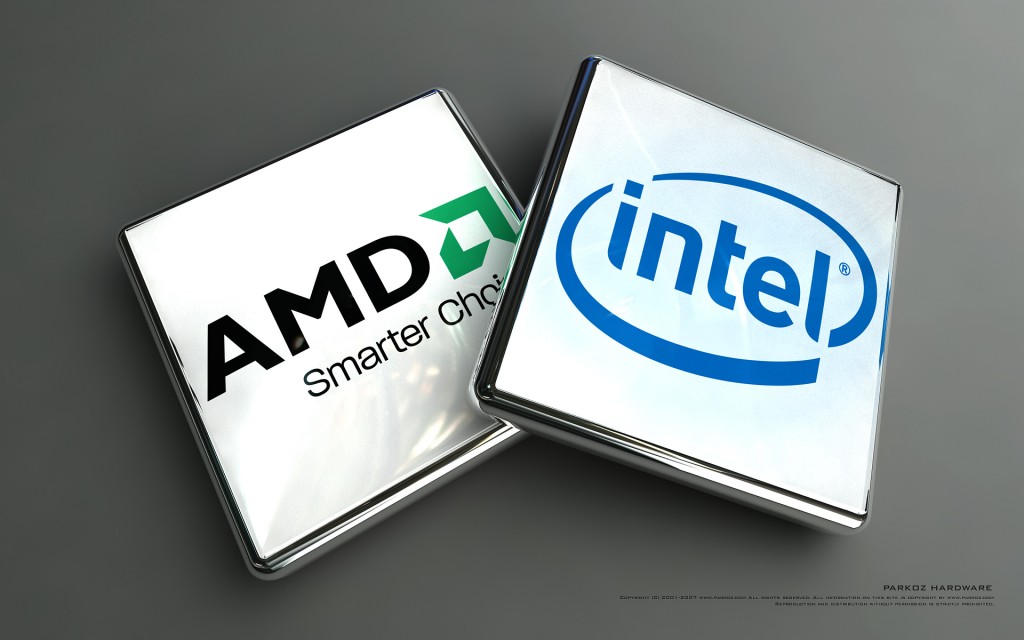If you have ever been in the market for a new computer, you may have realized that almost all computers sold contain an AMD or Intel processor chip. Despite both companies selling world-class processors, an effective marketing strategy has resulted in Intel becoming widely accepted as the superior product. According to Interbrand’s best global brands of 2013, Intel is ranked at #9, while AMD doesn’t even make the top 100. This substantial difference in brand equity has given Intel the ability to charge significantly more for their processors, when a similarly priced AMD chip may be more powerful and efficient.
Intel charging a premium for their product does more than simply provide them with extra revenue; it also serves to uphold their image of being a luxury/premium product. From a strategic point of view, Intel is positioning their product as superior; a necessity for those who need reliable computing power for work, gaming, or any other intensive computer use. What this positioning has resulted in is a much higher sense of brand loyalty for their processors. It is seldom the case that an individual greatly prefers AMD to Intel; usually the consumer is either indifferent or has a strong preference for Intel.
This is but one example that shows the value that brand equity has in determining a business’ success. Having strong brand loyalty and a high brand equity gives businesses a competitive advantage, especially in extremely mature and developed markets such as the computer processing chip industry.
http://interbrand.com/en/best-global-brands/2013/top-100-list-view.aspx

